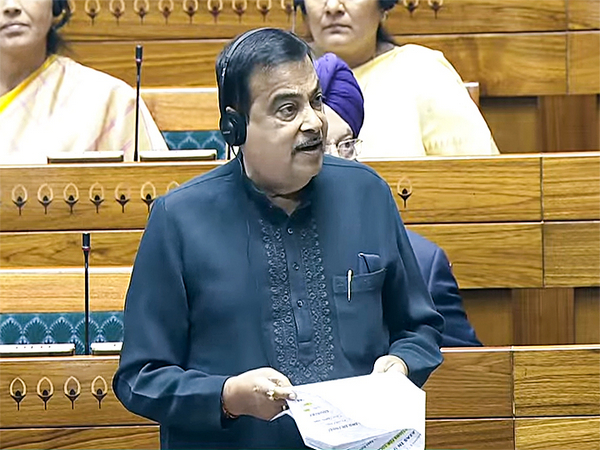Gadkari Clarifies Market-Driven Vehicle Scrappage Policy
Union Minister Nitin Gadkari stated in the Lok Sabha that the market will dictate the pricing of scrapped vehicles, without government intervention. Incentives, such as tax concessions and registration fee waivers, aim to lessen citizen burden. The scrappage policy seeks to transition towards sustainable, eco-friendly transportation methods.

- Country:
- India
In a recent statement to the Lok Sabha, Union Minister for Road Transport and Highways, Nitin Gadkari, articulated the government's stance on vehicle scrappage pricing. He confirmed that no government intervention will be involved in setting the fair price for vehicles to be scrapped, instead allowing market forces to determine their value.
Minister Gadkari further elaborated that private Reserve Vehicle Scrapping Facility (RVSF) units would be entrusted with the responsibility to determine the scrap value based on vehicle conditions. In contrast, government-owned vehicles have a reserve price established by the Ministry of Steel. To aid citizens, particularly those from low-income groups, in managing the economic burden, incentives such as waived registration fees with a 'Certificate of Deposit' and motor vehicle tax concessions are being offered.
The policy highlights include concessions for purchasing new vehicles—up to 25% for private cars and 15% for commercial ones—valid for eight years for transport vehicles and fifteen years for non-transport vehicles. Gadkari also mentioned ongoing enforcement efforts in the National Capital Region (NCR) targeting diesel vehicles older than ten years and petrol vehicles older than fifteen years, as part of efforts to promote greener alternatives. The government's PM E-DRIVE scheme, budgeted at Rs10,900 crore, further supports the transition to electric vehicles by incentivizing adoption and developing necessary charging infrastructure.
(With inputs from agencies.)
ALSO READ
Chhattisgarh Boosts Sports with Major Incentives at CM Trophy
Shanghai Pioneers Tax Incentives to Revive Property Sector
Debate Over Revised Incentives Sparks Tensions in Banking Sector
Boosting Employee Incentives: The Push for UAN Activation
Australia's Renewable Hydrogen and Critical Minerals Tax Incentives Unveiled










